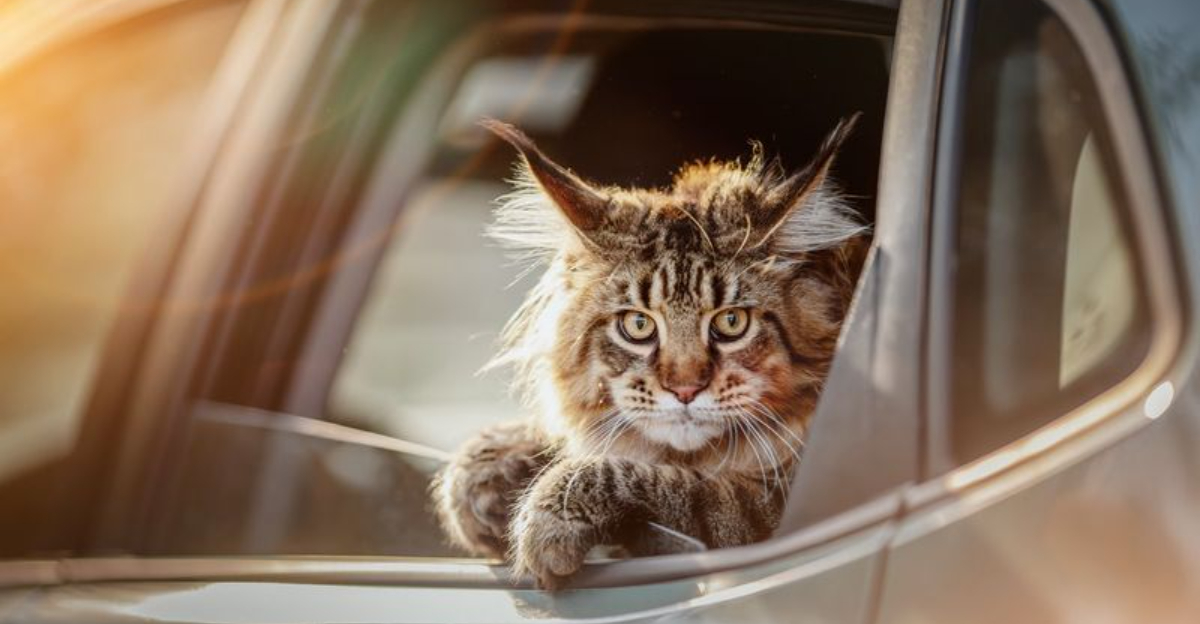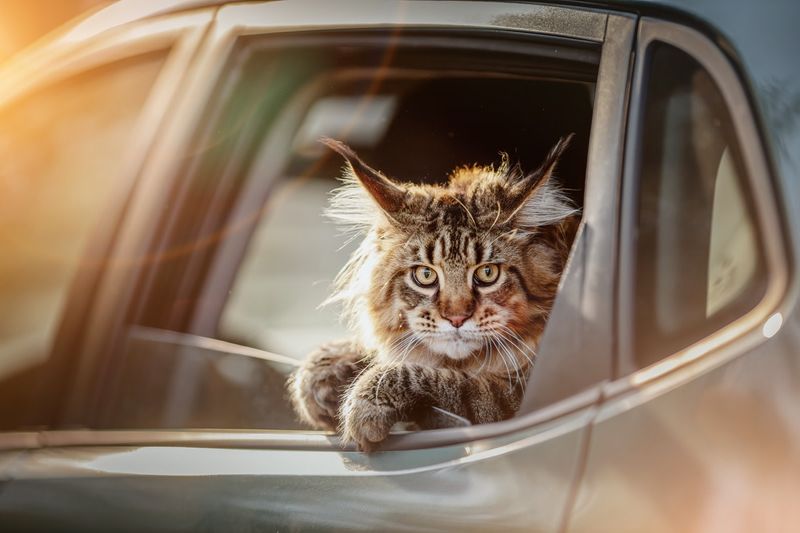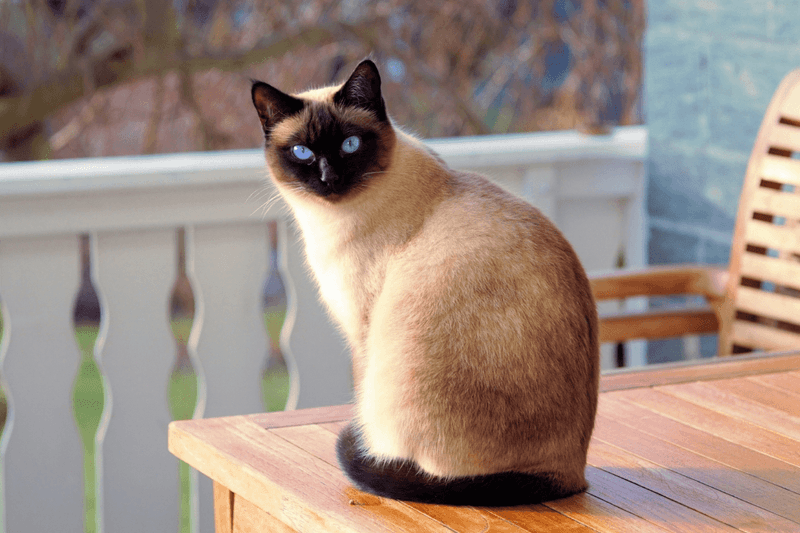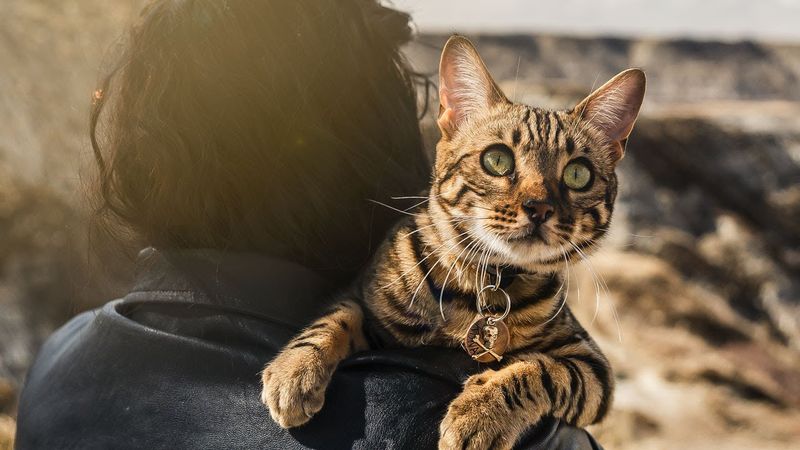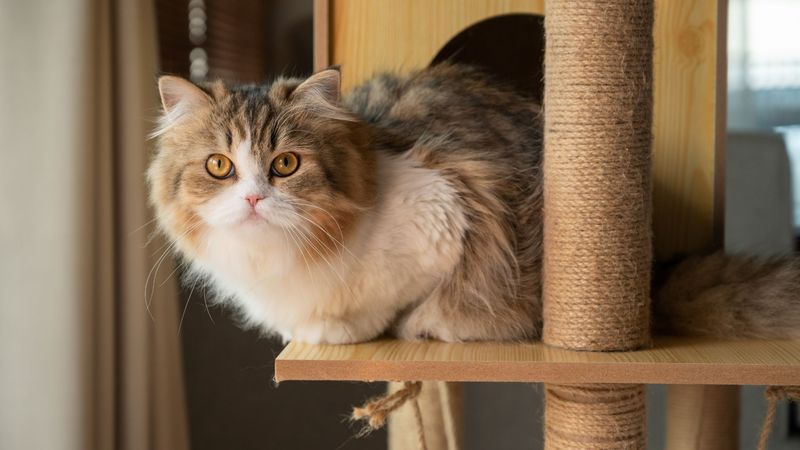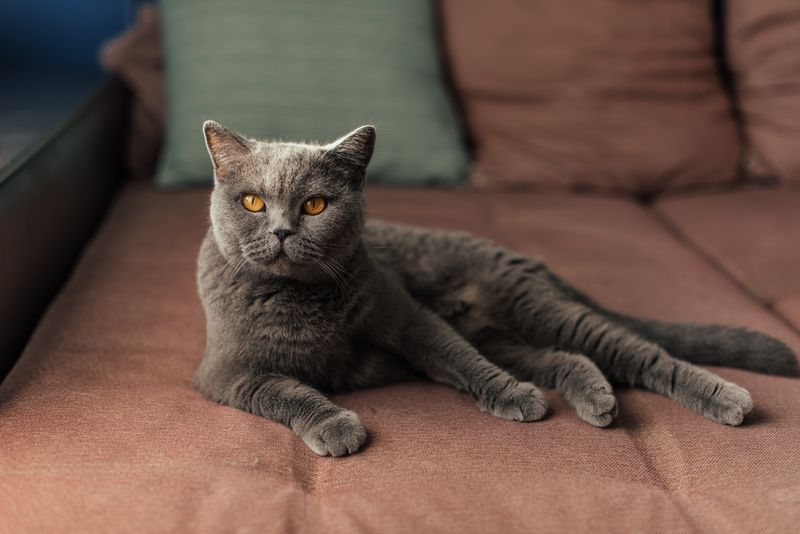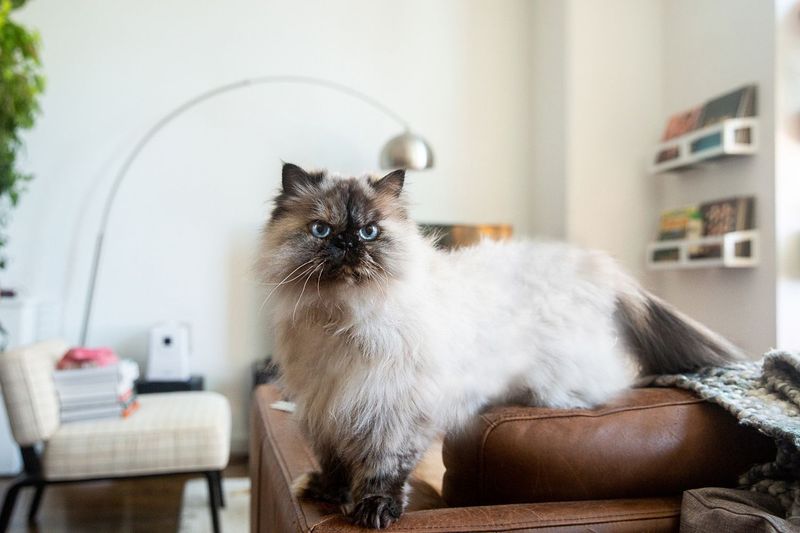📖 Table of Content:
Traveling with pets can be a rewarding experience, offering companionship on the road and memories that last a lifetime. For cat lovers, the idea of bringing their feline friends along might seem daunting, but some breeds are surprisingly adaptable, outgoing, and even curious about new places. While it’s true that most cats value stability, a few have personalities suited for the adventure-loving owner.
On the other end of the spectrum, some cats are much happier remaining within their familiar territory. These breeds often form deep connections with their home environment, showing signs of stress when routines are disrupted or spaces change. Understanding your cat’s breed tendencies can help ensure both their happiness and your peace of mind, whether you’re planning a cross-country trip or a staycation.
In this guide, we’ll explore ten cat breeds—five that make exceptional travel companions and five that are better off at home. Each breed is unique, with its own temperament, energy level, and needs. Knowing these differences will empower you to make informed decisions, respect your cat’s natural preferences, and create the best possible experience for both of you.
1. Ragdoll
Known for their famously relaxed demeanor, Ragdolls often behave more like dogs than cats when it comes to social interaction and travel tolerance. These cats are content to be carried or sit quietly on your lap, making them ideal for car rides and airplane journeys. They adapt well to new environments, especially when their trusted humans are nearby. Their laid-back nature allows them to stay calm in bustling surroundings like hotels or rest stops. Since Ragdolls are not easily startled, they rarely exhibit the anxiety or skittishness that hinders travel in other breeds. Regular interaction and gentle handling from a young age helps reinforce their friendly disposition. Ultimately, a Ragdoll’s quiet confidence makes them a great addition to any travel itinerary.
2. Maine Coon
Towering in size but tender in personality, Maine Coons are renowned for their gentle and easygoing nature. These cats are naturally curious and often enjoy exploring new environments, which makes them more accepting of travel. With their strong bonds to their owners, they tend to feel secure and less reactive when moving between unfamiliar spaces. They also handle noise and motion better than most breeds, thanks to their calm and adaptable temperament. If introduced gradually, many Maine Coons will tolerate leashes and harnesses, allowing for scenic outdoor strolls on the go. Unlike more aloof breeds, they often seek interaction, even in transit, which helps maintain a sense of normalcy for them. Traveling with a Maine Coon can feel surprisingly seamless due to their impressive composure.
3. Siamese
Vocal, intelligent, and affectionate, Siamese cats are the extroverts of the feline world. Rather than withdrawing in new situations, they often engage with their surroundings and their people, which can be an asset on the road. Their strong need for human companionship makes them ideal for owners who want a feline shadow while traveling. Because they are trainable and responsive to routines, many Siamese adapt quickly to new schedules and environments. They’re also highly alert, so they’ll keep a close eye on what’s happening around them—perfect for cats that need to stay aware during movement. With proper preparation, their sociability becomes a benefit rather than a burden in unfamiliar places. When traveling, their enthusiasm and attachment make them natural companions.
4. Bengal
Active and adventurous, Bengals thrive on stimulation and variety—two traits that make them surprisingly compatible with travel. They are one of the few breeds that may actively enjoy car rides or walking on a leash. Their high energy levels require engagement, so a changing environment often feels like an exciting opportunity rather than a source of stress. Because of their bold personalities, Bengals usually don’t shrink away from unfamiliar sights or sounds. They’re also known for forming strong bonds with their human companions, which gives them a sense of security in new places. Early exposure to different settings further boosts their comfort with travel. For owners seeking an energetic sidekick, a Bengal might be the perfect road trip partner.
5. Sphynx
Affectionate to their core, Sphynx cats crave warmth—both literal and emotional—and are often happiest when close to their humans. Because of this attachment, they typically follow their people around and adjust more easily to new surroundings when their person is present. Their lack of fur means they’re highly sensitive to temperature, so travel accommodations need to be warm and cozy. Fortunately, they’re excellent at settling into new spaces quickly if their basic comfort needs are met. Their outgoing and playful personality means they handle attention well, even from strangers encountered on the go. Despite their unusual appearance, Sphynx cats are friendly and love to be handled, which makes transport easier. All in all, their people-oriented nature makes them well-suited for life on the move.
1. Persian
Elegant and serene, Persians are creatures of comfort who thrive in quiet, predictable environments. They are sensitive to loud noises and sudden changes, which makes traveling a source of stress rather than excitement. Their luxurious coat also demands regular grooming—something that can be difficult to maintain during travel. These cats often prefer lounging in familiar spots and may become withdrawn or anxious when routines are disrupted. Because they don’t crave adventure, they’re happiest when they can relax in a controlled space without surprises. Even brief relocations can unsettle a Persian, causing behavioral or health issues. For this reason, they’re best left in the care of a trusted pet sitter when travel is necessary.
2. British Shorthair
Calm and composed, the British Shorthair is the epitome of feline independence and stoicism. These cats do not enjoy excessive handling or frequent movement, preferring their established territory and solitary moments. They’re not known for being particularly adaptable, and the hustle of travel can easily overwhelm them. Although affectionate in their own quiet way, they don’t crave constant companionship, which can make confined travel settings feel uncomfortable. Disruptions to routine often result in aloof or withdrawn behavior. Their strong attachment to their home base makes them better suited for stay-at-home life. For those considering travel, this breed is likely to fare better with in-home care arrangements.
3. Russian Blue
Sensitive and reserved, Russian Blues form deep bonds with their human families but are hesitant around new people and places. They are easily stressed by environmental changes and may retreat or hide for long periods when outside their comfort zone. Because they are highly observant, they notice even subtle changes in their surroundings, which can compound travel-related anxiety. Their routine-oriented nature means that feeding, play, and sleep times are very important. A sudden shift in these patterns may lead to behavioral issues like reduced appetite or litter box avoidance. They generally prefer quiet, stable environments where they can anticipate what comes next. Traveling with a Russian Blue is often more trouble than it’s worth—for both cat and owner.
4. Scottish Fold
Endearing and mellow, Scottish Folds are known for their distinctive ears and gentle temperaments. While they’re affectionate and sociable at home, they tend to dislike being uprooted from their familiar spaces. Their docile nature doesn’t necessarily translate to adaptability, as unfamiliar sounds and motion can create significant stress. These cats often prefer routines and can become confused or anxious when routines shift. Even short trips may leave them feeling insecure, leading to clinginess or hiding behaviors. They also tend to be wary of strangers, making public or group settings particularly challenging. For the happiness of a Scottish Fold, consistency and comfort are key.
5. Himalayan
Combining the elegance of the Persian with the vocal tendencies of the Siamese, Himalayans have complex personalities that lean toward the homebody side. Despite their sometimes social nature, they are sensitive to stress and require stable environments to feel at ease. Their thick coats require frequent grooming, which adds another layer of challenge for travel scenarios. Sudden changes in scenery, temperature, or noise can quickly throw off their equilibrium. While they can be playful and affectionate, they flourish in settings where they know what to expect. Packing them up for a trip often results in anxious behavior and possible health flare-ups. For these reasons, Himalayans are usually more comfortable watching the suitcases go out the door than going along for the ride.
